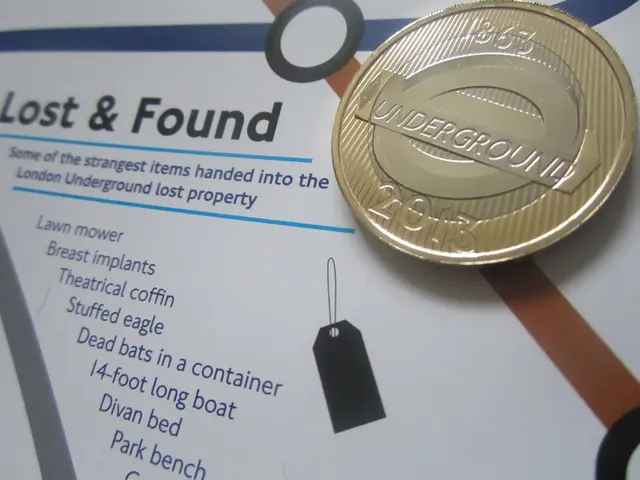Germany Reverses Decision to Abolish the EU's Legal Framework on Sustainable Supply Chains
The German federal government has taken a softer approach towards the European Union's Corporate Sustainability Due Diligence Directive (CSDDD), following a coalition agreement to form a government in April.
In a recent press conference, Federal Government spokesman Stefan Kornelius clarified the coalition's intentions to "de-bureaucratize the European framework" in line with the Commission President's proposals in the Omnibus Act. The coalition, known as the black-red coalition (a coalition of the Union (CDU/CSU) and SPD), aims to streamline the European Supply Chain Directive, including the CSDDD, as part of the EU Commission's reform efforts to reduce bureaucracy.
The CSDDD, initially proposed by the European Commission in February 2022, was adopted in May 2024. However, the process required revisions that significantly scaled back the number of companies covered by the law and extended the timeline for its full implementation. The revised CSDDD is now set to be implemented a year later, in 2028, as part of the Omnibus process.
The CSDDD sets out obligations for companies to address negative impacts on human rights and the environment across their value chains. These impacts range from child labor and slavery to pollution and emissions, deforestation, and damage to ecosystems. The directive applies to upstream supply chains and some downstream activities such as distribution and recycling.
In a surprising turn of events, earlier this month, German Chancellor Friedrich Merz commented to European Commission President Ursula von der Leyen that he expects the EU to cancel the CSDDD. Merz's call to scrap the CSDDD followed a coalition agreement to form a government in Germany that included eliminating Germany's own human rights and environmental supply chain due diligence law, the Supply Chain Act (LkSG).
However, it's important to note that the CSDDD has not been scrapped, and Kornelius did not specify the proposed changes to the CSDDD in his statement. Proposed changes to the CSDDD include requiring full due diligence only at the level of direct business partners, reducing the frequency of monitoring the effectiveness of due diligence from annual to every 5 years, and limiting the amount of information that can be requested from small companies.
The French President, Emmanuel Macron, has also expressed a desire to remove the CSDDD, calling for it to be "pushed out of the table." The future of the CSDDD remains uncertain, but the German federal government's softened stance could potentially influence the EU's decision on the matter.
As the situation evolves, it's clear that the CSDDD will continue to be a topic of interest and debate, as companies and governments strive to balance the need for sustainability with the demands of business.




